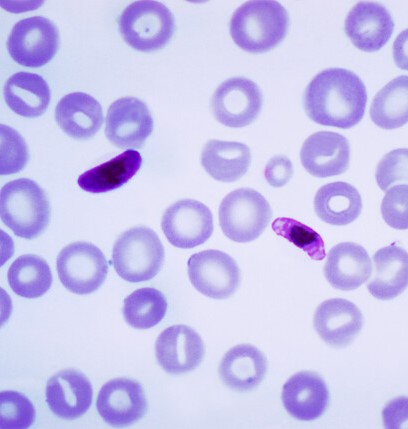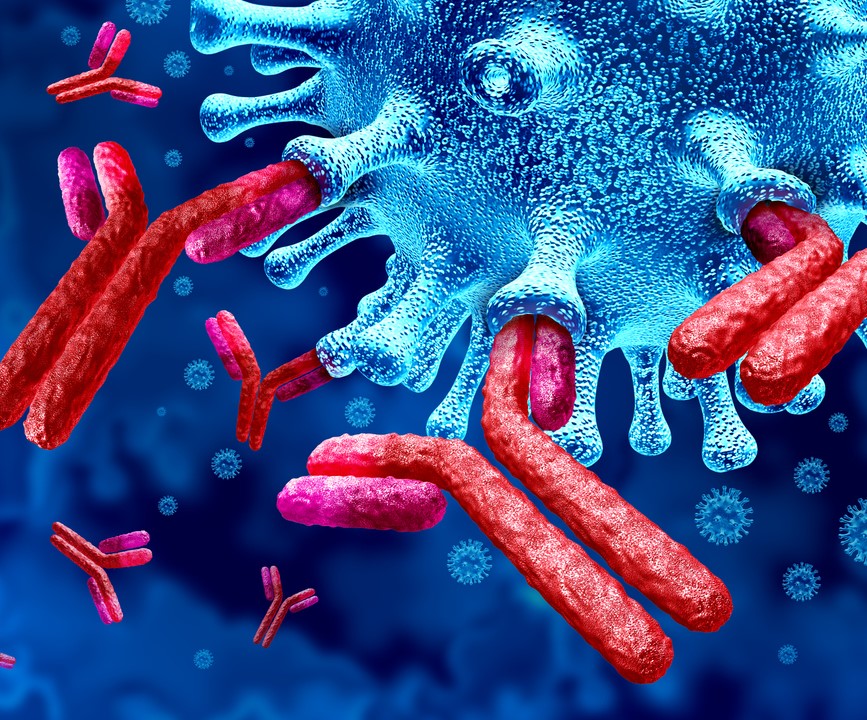
New data from Uganda indicate that artemisinin-resistant malaria is on the rise, researchers report today in the New England Journal of Medicine.
For the study, a team of researchers from Uganda and the United States performed annual surveillance among patients who presented with uncomplicated malaria caused by the Plasmodium falciparum parasite at 10 to 16 sites across Uganda from 2016 through 2022. They were looking to assess the prevalence of malaria isolates containing mutations in the kelch protein K13 (pfK13), which mediates partial resistance to artemisinin—the main component of the standard therapy for uncomplicated malaria across Africa. Partial resistance can delay parasite clearance.
Artemisinin and artemisinin combination therapies (ACTs) have greatly contributed to reductions in malaria deaths and complications, particularly in Africa, where 95% of malaria cases and deaths occur.
The analysis found that, by 2021-2022, the prevalence of parasites with validated or candidate resistance markers reached more than 20% in 11 of the 16 districts where surveillance was conducted. Two pfk13 mutations—469Y and 675V—reached a combined prevalence of 10% to 54% across much of northern Uganda, with spread to other regions, while the 469F mutation reached a prevalence of 38% to 40% in one district in southwestern Uganda in 2021-2022. Two other mutations (561H and 441L) also increased in prevalence in districts in southwestern and western Uganda.
Multiple PfK13 mutations, including five candidate or validated resistance markers, have shown increased prevalence and spread over time.
"Overall, multiple PfK13 mutations, including five candidate or validated resistance markers, have shown increased prevalence and spread over time," the study authors wrote.
Treatment could be compromised
The authors add that while the full clinical consequences of these genetic changes are not yet known, the experience in Southeast Asia, where resistance to artemisinin and ACTs has become widespread, suggests that malaria treatment in Uganda may be compromised.
"Improved characterization of the emergence and spread of artemisinin resistance and of factors that facilitate spread will assist policymakers in developing strategies to limit the spread and consequences of drug resistance," they wrote.
 The Centers for Disease Control and Prevention (CDC) today announced the launch of a
The Centers for Disease Control and Prevention (CDC) today announced the launch of a  A study using SARS-CoV-2 antibody and T-cell tests shows that 41% of 29 patients who developed a postviral syndrome (PVS) showed evidence of a previous COVID-19 infection, suggesting that millions of Americans with long COVID symptoms were exposed to the virus early in the pandemic but couldn't access testing.
A study using SARS-CoV-2 antibody and T-cell tests shows that 41% of 29 patients who developed a postviral syndrome (PVS) showed evidence of a previous COVID-19 infection, suggesting that millions of Americans with long COVID symptoms were exposed to the virus early in the pandemic but couldn't access testing.














